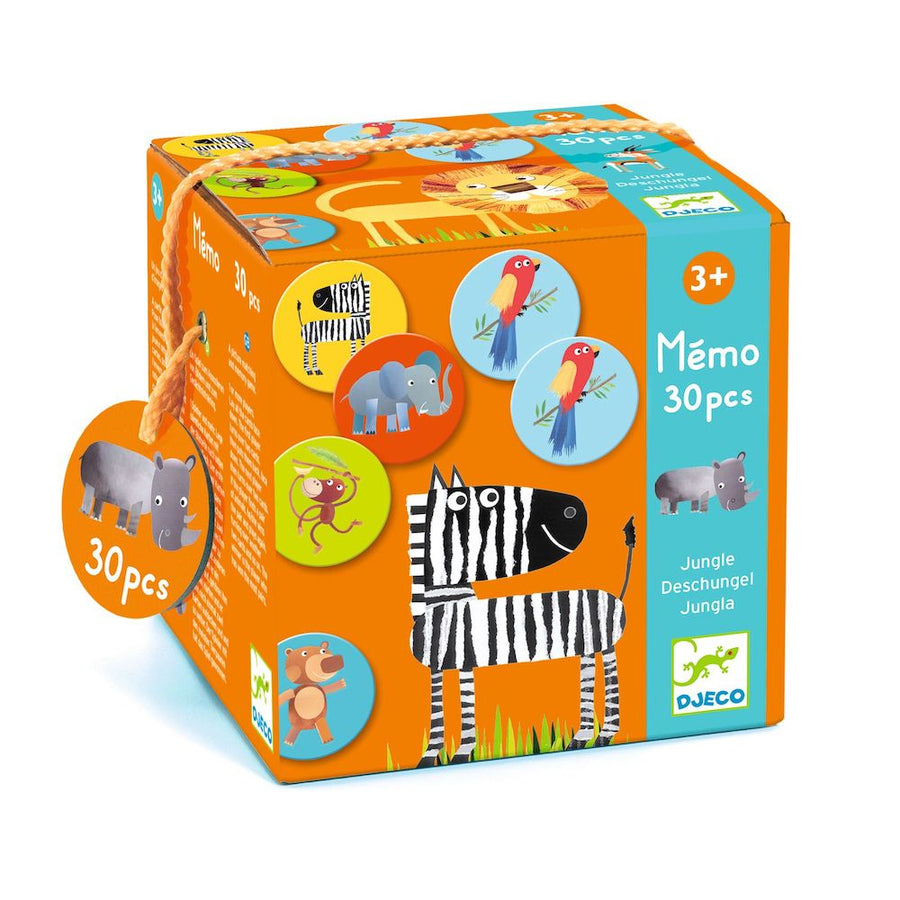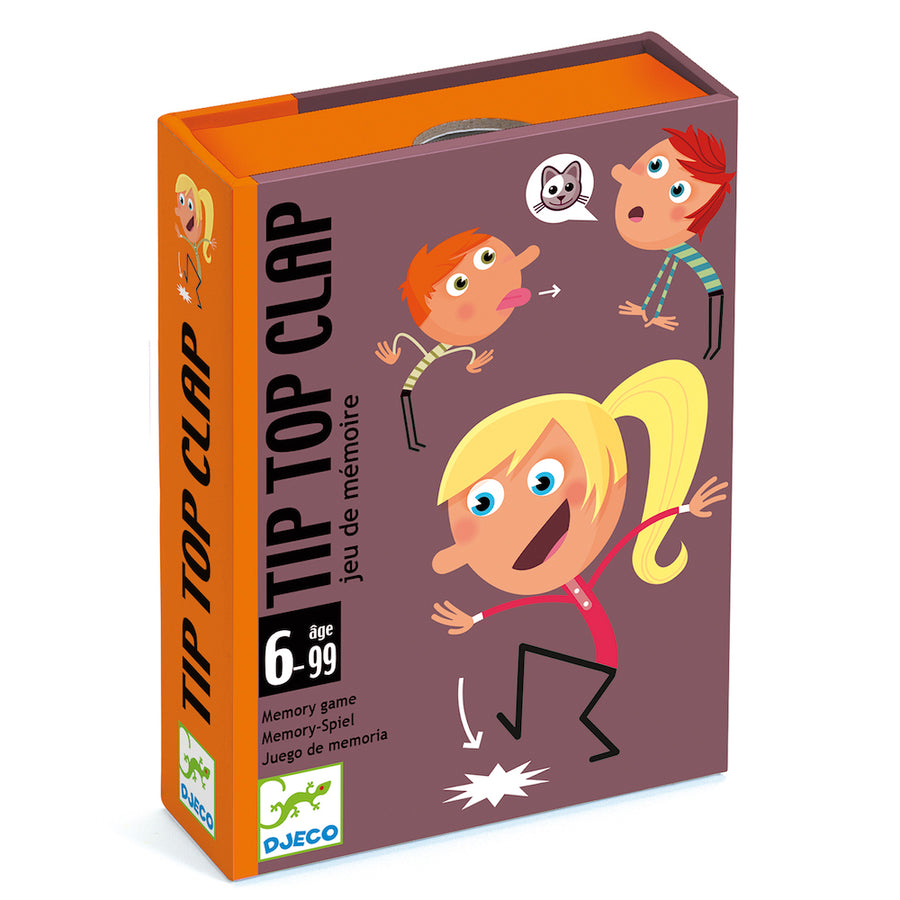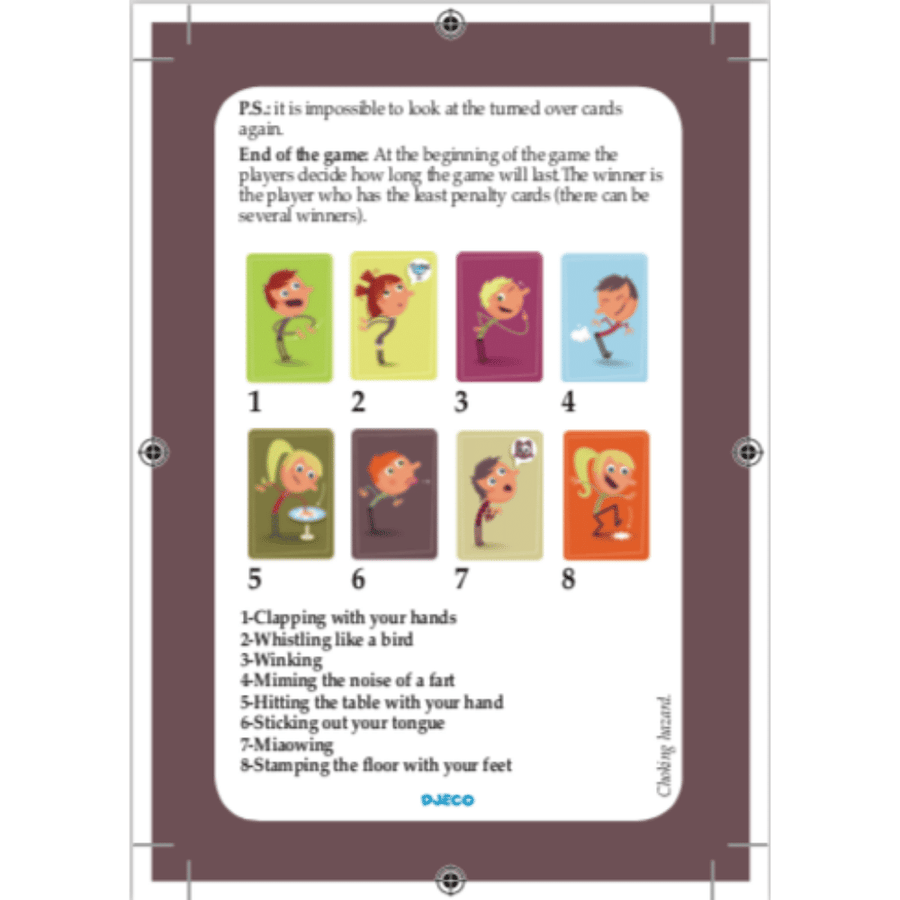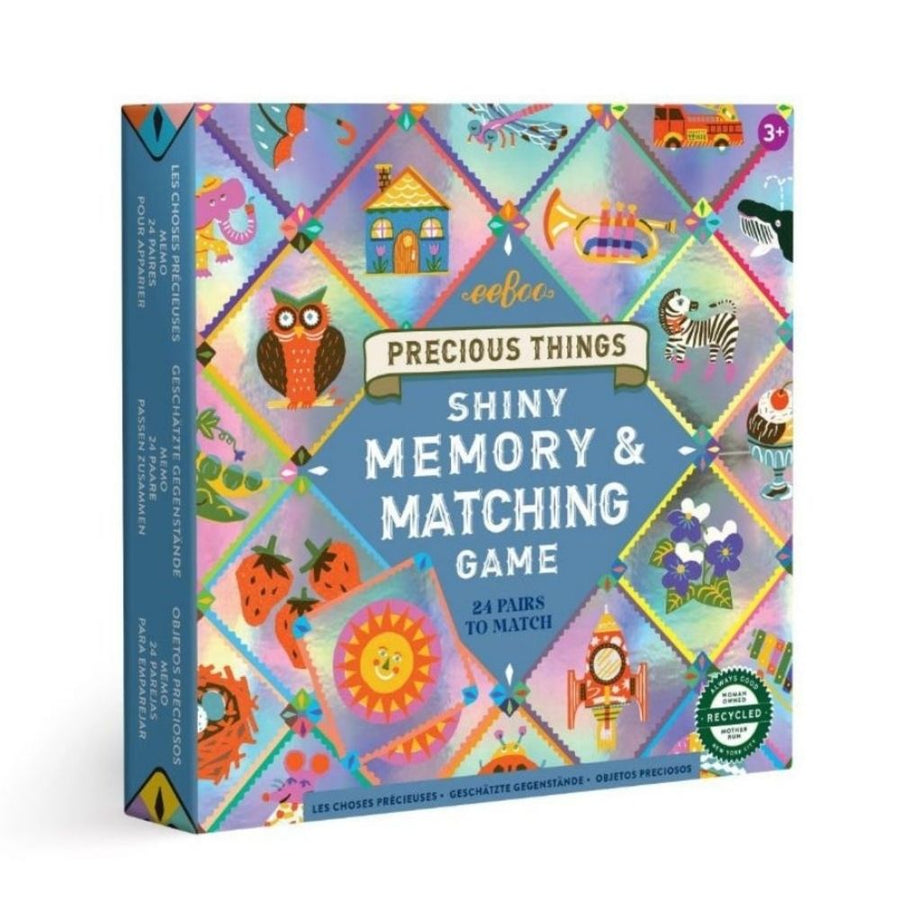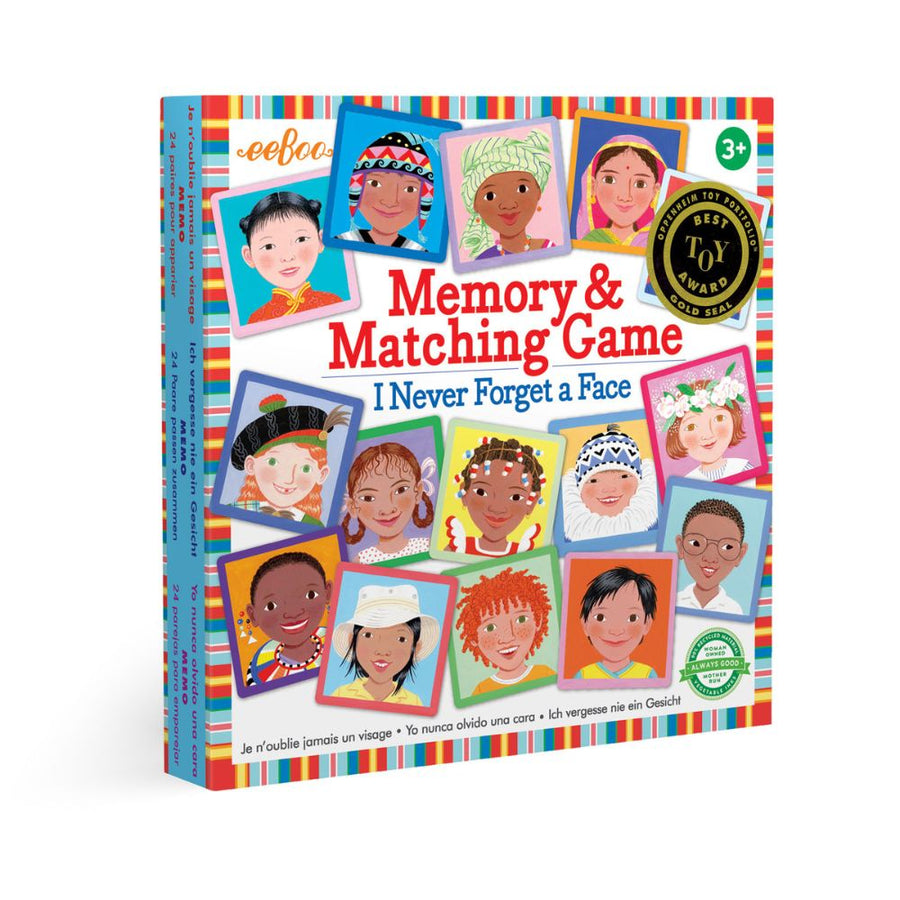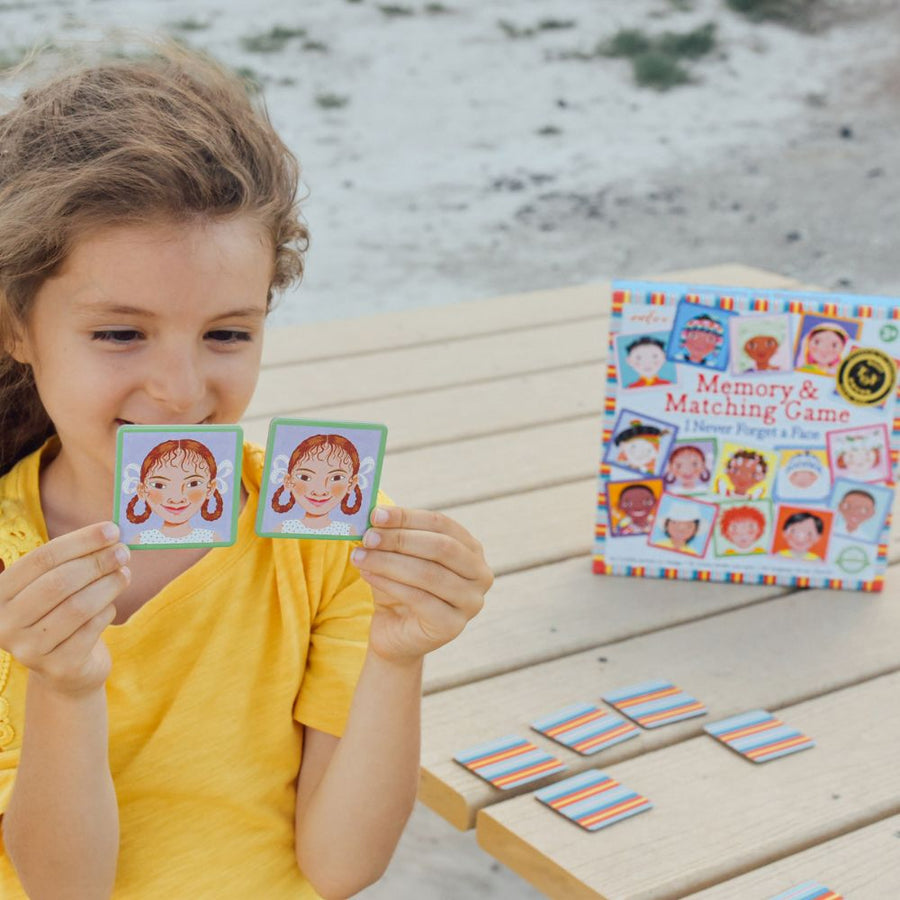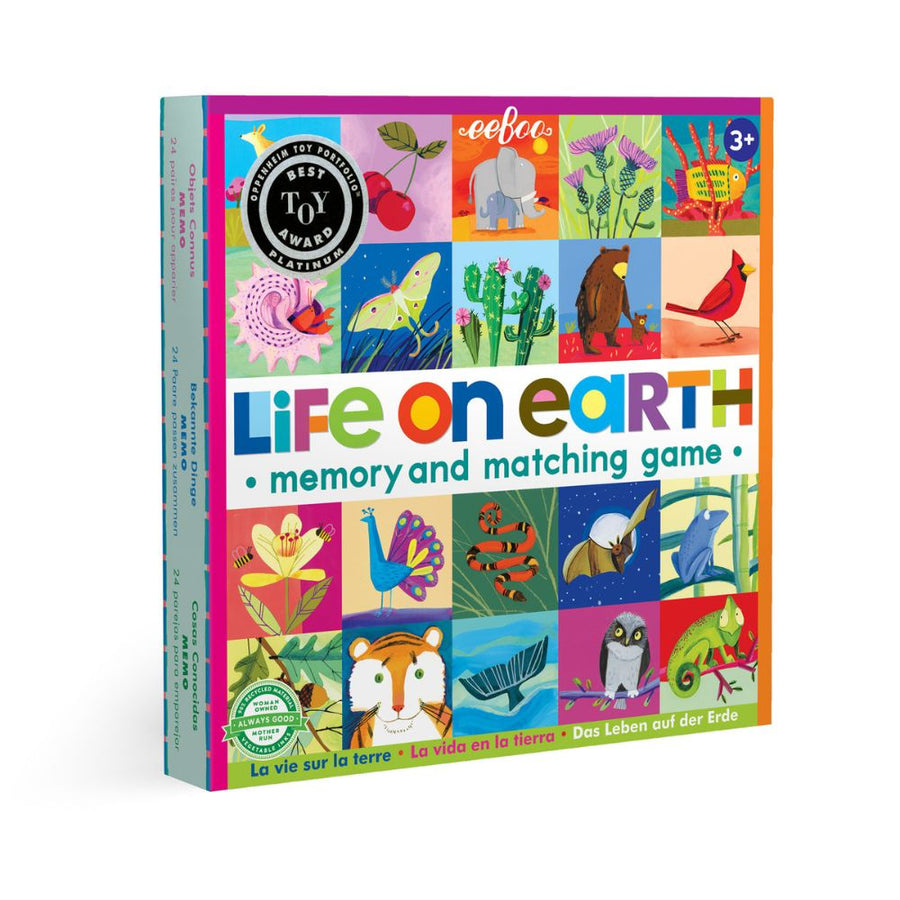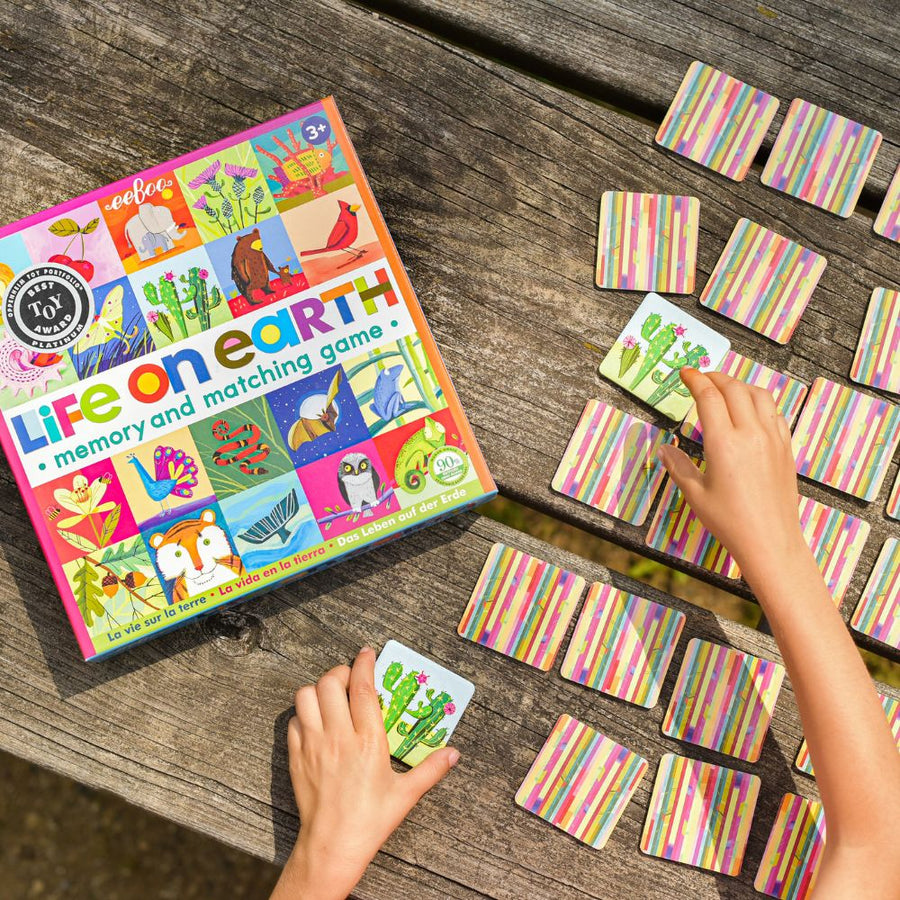Why Memory Games Are Great for Kids: Boosting Brain Power and Fun
Memory games have been a staple of childhood for generations. Whether it’s matching cards, remembering patterns, or recalling lists, these activities not only offer fun and entertainment but also provide a host of benefits that can significantly enhance a child’s development. Below, we’ll explore the numerous reasons why memory games are great for kids and how they help them grow, both mentally and emotionally.
1. Improves Memory and Concentration
Memory games, at their core, are designed to strengthen a child's ability to remember and retain information. By engaging in these games, children exercise their short-term and long-term memory. These exercises encourage kids to focus, pay attention to detail, and remember patterns, images, or sequences, which leads to better concentration and memory recall over time. The more children practice, the better they become at remembering things in everyday life, such as instructions from teachers, names, and important details.
2. Enhances Cognitive Skills
Memory games stimulate a wide range of cognitive functions, such as problem-solving, critical thinking, and processing speed. When children play memory games, they’re not just trying to recall information—they are also learning how to make connections, predict outcomes, and recognize patterns. These skills are transferable and can help in other areas of learning, from solving math problems to understanding complex concepts in school. The mental workout provided by memory games helps kids’ brains grow stronger and more agile.
3. Boosts Emotional and Social Development
When kids engage in memory games with others, they also develop valuable social skills. These games encourage turn-taking, patience, and cooperation. Whether playing with family members or classmates, memory games teach children how to interact with others in a fun and supportive environment. The friendly competition involved also teaches kids about winning and losing gracefully, which can help with their emotional resilience.
Additionally, playing memory games in a group setting fosters communication skills. Kids learn how to express themselves, share ideas, and listen to others, all of which are important aspects of social development. These experiences build emotional intelligence and prepare children for future interactions.
4. Increases Attention Span
In today’s fast-paced world, many children struggle with short attention spans due to distractions from TV, video games, and smartphones. Memory games require sustained attention and focus to successfully complete the task. By playing these games regularly, children train their minds to stay focused for longer periods, improving their ability to concentrate in school and other activities. The more they play, the more their attention span gradually increases.
5. Encourages Learning Through Play
One of the best aspects of memory games is that they offer a fun way to learn. Kids don’t even realise they are working their brains because they are having so much fun! Through play, children are more likely to be motivated to engage with challenging tasks and learn new things. Memory games can also be adapted to teach a wide range of topics, from vocabulary to maths facts, and even history or geography. With the right game, learning becomes an enjoyable and interactive experience.
6. Develops Self-Confidence
As children successfully remember patterns, recall information, and win memory game challenges, they feel a sense of accomplishment. This builds self-confidence and a positive attitude towards learning. When children see their improvement over time, they gain confidence in their abilities and feel more motivated to take on other challenges. This increased self-esteem can translate into better performance in school and in other areas of life.
7. Fun and Accessible
Memory games are incredibly versatile and can be played almost anywhere. Whether it’s a set of cards, a board game, or an app, memory games are easy to set up and require little equipment. This makes them an affordable and accessible option for parents, teachers, and caregivers. The simplicity of these games means that they can be played by children of all ages and abilities, making them an inclusive tool for child development.
8. Improves Language and Communication Skills
Many memory games involve verbal communication, whether it’s recalling the names of objects, describing pictures, or explaining rules. By doing so, children strengthen their vocabulary and practice expressing themselves clearly. As children engage in conversations about the game, they also learn to listen and comprehend what others say, which further develops their language skills.
Memory games are far more than just a fun pastime. They are an important tool for helping children develop essential cognitive, emotional, and social skills. From improving memory and concentration to boosting self-confidence and fostering creativity, these games provide a well-rounded learning experience. So, the next time you're looking for an engaging and beneficial activity for your child, consider breaking out a memory game. It’s not just a game—it’s a brain-boosting adventure!





